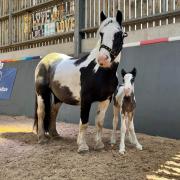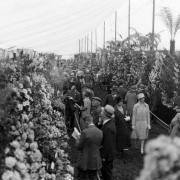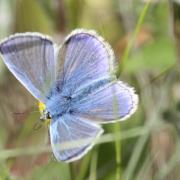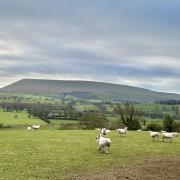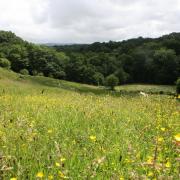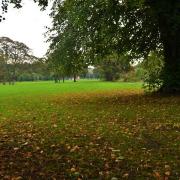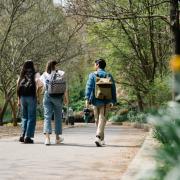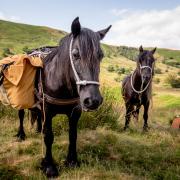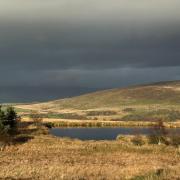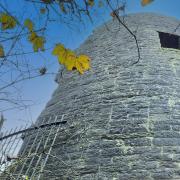The rhythmic clatter of a cotton mill at full pelt will resonate down the ages when Lancashire hosts a remarkable world premiere this month
It is 175 years since a group of people with a passion for song got together in the famous east Lancashire town of Bury to form what has become one of the country’s oldest choral societies.
Members have staged a series of events celebrating this anniversary but none will have been so eagerly anticipated as their performance of Cotton Mills, a work they have specially commissioned. Around 80 members will perform it in public for the first time at the Royal Northern College of Music in Manchester on May 12.
Choir member and barrister Andrea Keyser headed up a committee to commission this new work. ‘Having a unique work was the ambition of Sinead Hayes when she was appointed as our musical director,’ said Andrea. ‘We spent many hours trawling through books and the internet trying to find words that would work when set to music and would resonate with the choir and with this area.’
They discovered a poem called Cotton Mills by C. Richard Miles, a Yorkshire writer based in London. ‘A member of the commissioning committee had been in the cotton industry and agreed this had had a lot of rhythmic elements of that clatter you got in the mills. We felt it would work.’
Backed by grants from national charitable trusts and some local supporters, their next job was to find a composer and this involved a competition, mainly among people in the music departments of northern colleges. They nterviewed four with Zakiya Leeming, Australian born but based in Manchester, being selected. ‘We wanted this to be a two-way process - the choir and the composer working together. Zakiya understood this and she also understood the poem and its rhythmic quality.’ adds Andrea. The result is a piece that has the cadence of a mill with individual shuttles moving slightly in and out of time. It also reflects the mood as the industry grows, peaks and dies. ‘It’s a big challenge, but we wanted something that would stretch us,’ said Andrea. ‘Some love it, some hate it but most are growing to love it. Our conductor says it is very good and she should know.’
The society, made up of amateur singers from all walks of life, is more used to local halls and churches. ‘We are all looking forward to performing in a big venue.It is going to be a celebration of all we have achieved and the fact that we have been around for the last 175 years,’ says Andrea.
PHOTOGRAPHY: STEPHEN REDFERN




